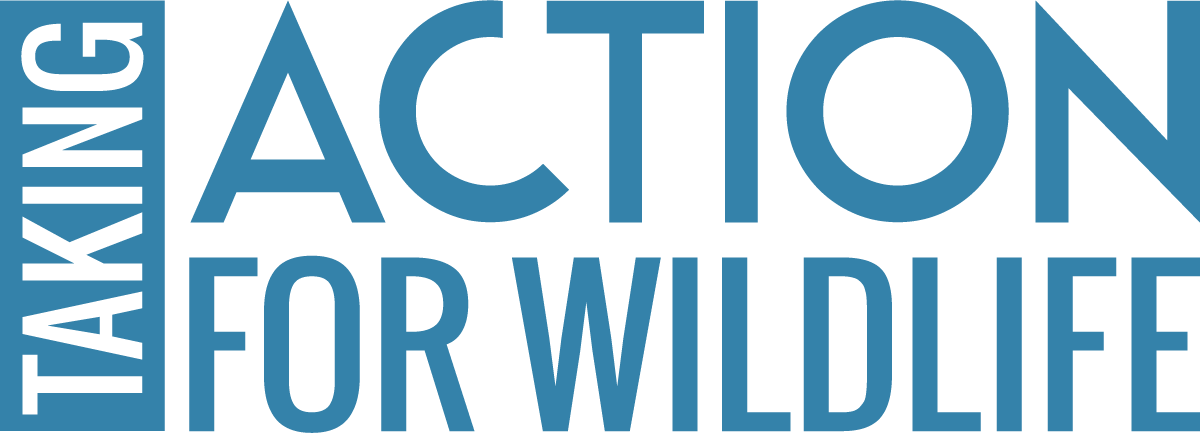The Taking Action for Wildlife Team worked with three NH communities last year through our Community Technical Assistance program. These communities participated in our 2024 Wildlife Webinar Series, and then applied for direct assistance to help complete a project or work towards a specific goal. The three communities worked together with Taking Action for Wildlife staff from June – November and all made significant progress on some impressive projects. Here’s a recap of their hard work:
The town of New London recently renovated the boardwalk trail on their Philbrick-Cricenti Bog property. The property protects a beautiful bog, an important and uncommon wildlife habitat in New Hampshire, and the renovated trail gives visitors the opportunity to explore this unique wetland. Members of the New London Conservation Commission saw this as an opportunity to educate residents and visitors about the importance of bog habitats and the wildlife and plant species that call the bog home. Together with Taking Action for Wildlife staff, they created 12 new educational signs, along with some additional informational signs to share this information with visitors. The signs are nearly completed and they hope to install them sometime this year.

Town volunteers and Taking Action for Wildlife staff explore New London's Philbrick-Cricenti Bog
The Tilton Conservation Commission applied for assistance because they wanted a better understanding of how the NH Wildlife Action Plan Maps and NH Wildlife Corridors Map could help them to identify and prioritize future conservation projects. Understanding that natural resources don’t recognize town boundaries, they were also interested in connecting with neighboring towns to share information and identify opportunities to work together on conservation. With support from Taking Action for Wildlife staff, the Tilon Conservation Commission hosted a meeting with neighboring communities (Sanbornton and Northfield) to discuss potential collaboration, and also met with their local land trust, Lakes Region Conservation Trust, to discuss conservation priorities. They also initiated conversations with several private landowners about conserving their land, and started development of outreach and engagement materials related to wildlife habitats/corridors and conservation for their Facebook page and town website.
In Unity, potential development activity in a neighboring town, led them to identify an area in town, Perry Mountain, as having unique and important natural resource features. A group of Unity residents, including members from the Conservation Commission, identified a need to understand more about Perry Mountain and whether it was an area to prioritize land conservation. With assistance from Taking Action for Wildlife staff, they reviewed the NH Wildlife Action Plan Maps, NH Wildlife Corridor Map, and the maps from their Natural Resources Inventory, and found that Perry Mountain was, in fact, a very important area for wildlife. It is part of a large block of unfragmented habitat, likely an important wildlife corridor, and is identified by the Wildlife Action Plan as highest ranked habitat in the state. The group worked to identify individual landowners on and around Perry Mountain and developed a landowner outreach letter and a packet of resources about the wildlife habitats on Perry Mountain, and land conservation options. They have begun reaching out to these landowners and are excited to see what will come as a result of this outreach.

With assistance from Taking Action for Wildlife staff, Unity Conservation Commissioners reviewed the NH Wildlife Action Plan Maps, that showed Perry Mountain is part of a large block of unfragmented habitat and is identified as highest ranked habitat in the state.
If you think your town might have a project that would benefit from assistance from the Taking Action for Wildlife Team, you can sign up for the 2025 Wildlife Webinar Series and learn more about how to apply for assistance later this year.



